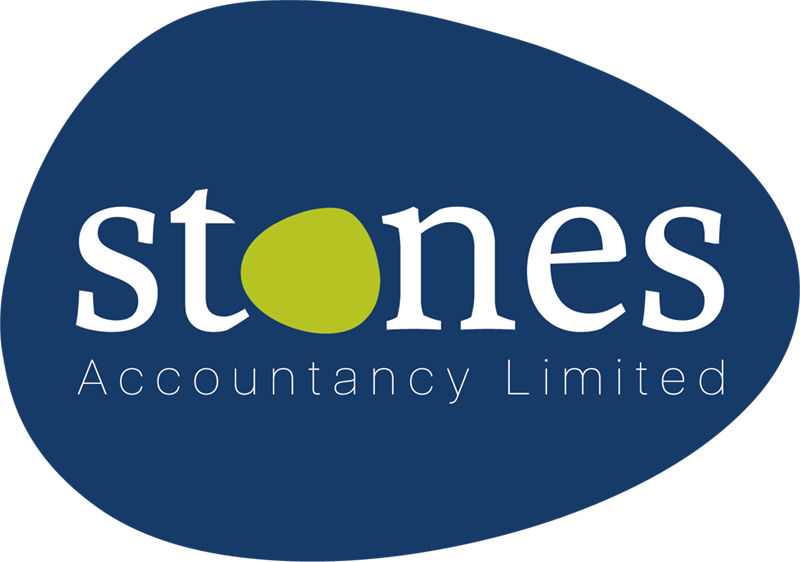Filing your tax return can be a daunting task, especially if you’re not sure what is required.
In this blog post, we will outline everything that an accountant will need in order to file your tax return. We’ll also provide some tips on how to make the process as smooth and stress-free as possible. Let’s get started!
1. Your ID
Your accountant or tax preparer will need to know you are who you say you are. This means providing them with a copy of your ID. Usually, a copy of your driving licence or passport will suffice but you may also be asked for proof of address such as a utility bill or bank statement.
Tip: Make sure that your ID is up-to-date and has not expired
2. Personal Details
Your accountant will need to know your full name, address, date of birth and national insurance number. They will also need to know if you are eligible for any tax relief and will ask you questions about your marital status, (you may be entitled to marriage allowance) and if you pay into a pension.
Tip: If you have changed your name or address recently, make sure to let your accountant know.
3. Company accounting details
Your accountant will need to know a few things about your company in order to submit your accounts through HMRC. This includes information such as your tax reference number, known as your UTR (unique taxpayer reference) your registered business address and your company number (if your company is limited).

Tip: If you’re not sure about some of this information, ask your accountant for help. They will be able to guide you through the process.
4. Details of your income

Your accountant will need to know about the different types of income you have received over the tax year. This includes information on your company or self-employment income, any income you may have from employment and any additional income you may have, such as rental income from a second home or income from investments or the sale of assets (capital gains).
If you are also employed, your accountant will need to know how much tax and national insurance you have paid over the year. This information can be found on your payslip or P60 form.
Tip: If you own a small business it is a great idea to have a dedicated bank account for solely business purposes, this means all of your income and outgoings are in one place.
5. A list of your expenses
In order to accurately file your tax return, your accountant will need a detailed list of all of the expenses that you have incurred throughout the year. This includes everything from business lunches to stationary costs.

Tip: Keep all of your receipts and invoices in one place with a note of what the spending was for, this makes it a lot easier for your accountant to make sure you claim your allowable expenses.
Mileage Records
Travelled for work in your own car? Your accountant will need to know the number of business miles you have driven. You can keep track of this by recording the mileage on a bookkeeping App such as Quickbooks.
Wage Costs
Do you pay any staff or freelance workers? Your accountant will need to know the wages paid and tax deducted. This information is held within your payroll system.
Your tax return checklist.

Now that we’ve gone through what your accountant will need, here’s a handy checklist for you to use:
- Your ID
- Your company details
- A copy of your P45 if you have left any employment in the tax year.
- Details of your earnings from Employment.
- Rental income – Value of any income from renting out a second home or holiday home.
- Details of savings income
- Any pension income details
- Details of any capital gains
- Bank statements for your business accounts (if you are not using cloud bookkeeping software)
- Purchase invoices and receipts
- Payroll/wage records
- Receipts and details of equipment purchased during the year
- Mileage records
- Dividends paid to the shareholders or drawings paid (If Limited)

